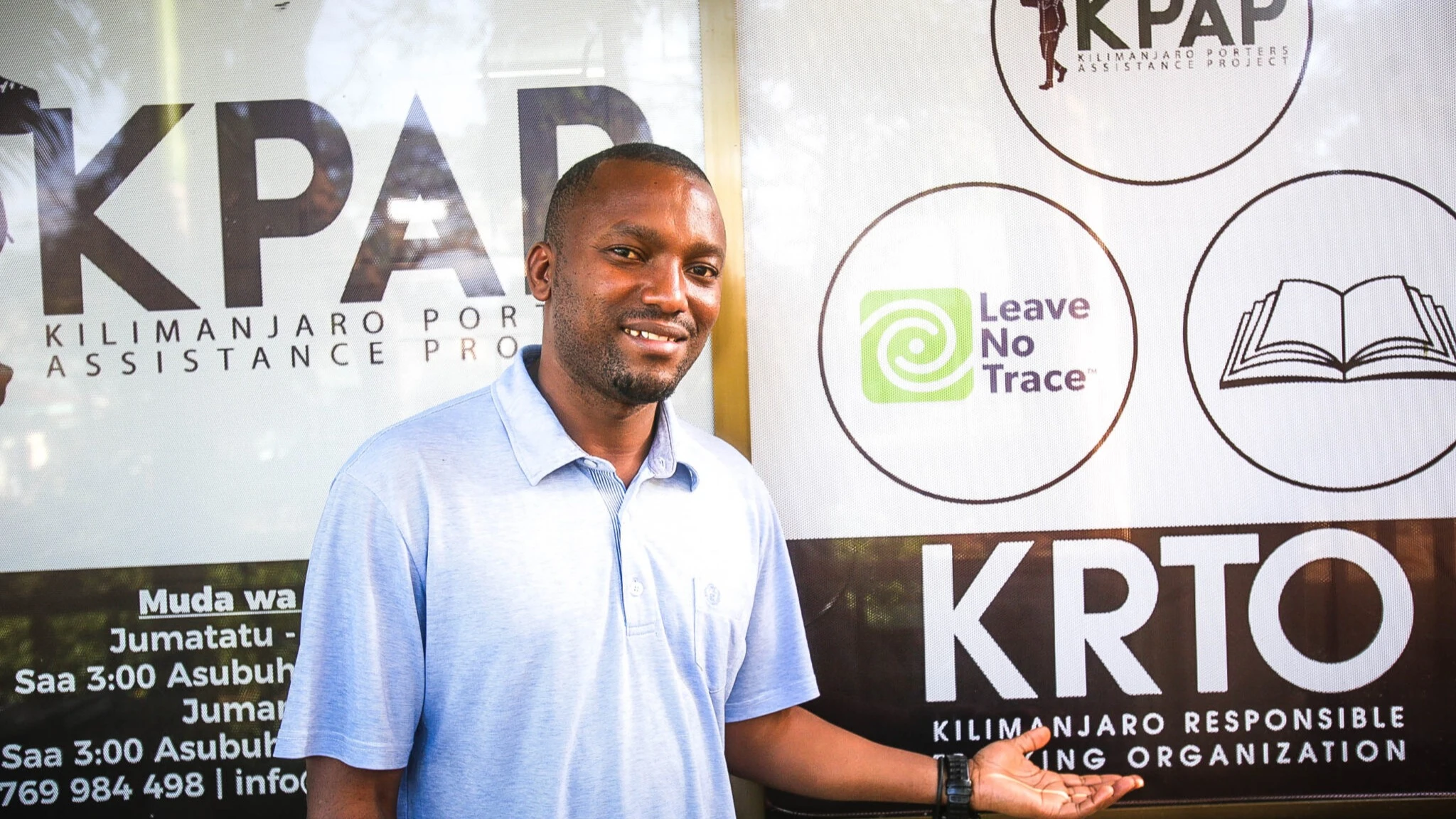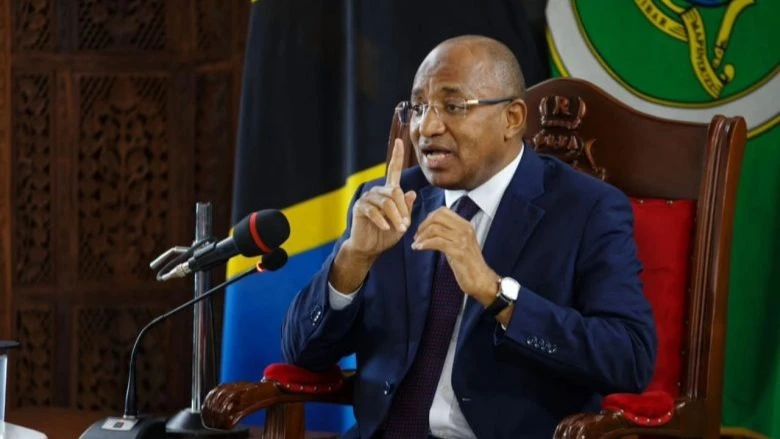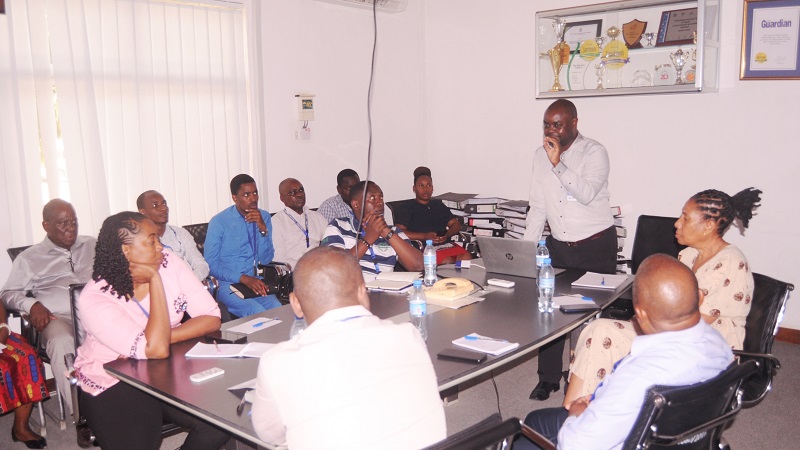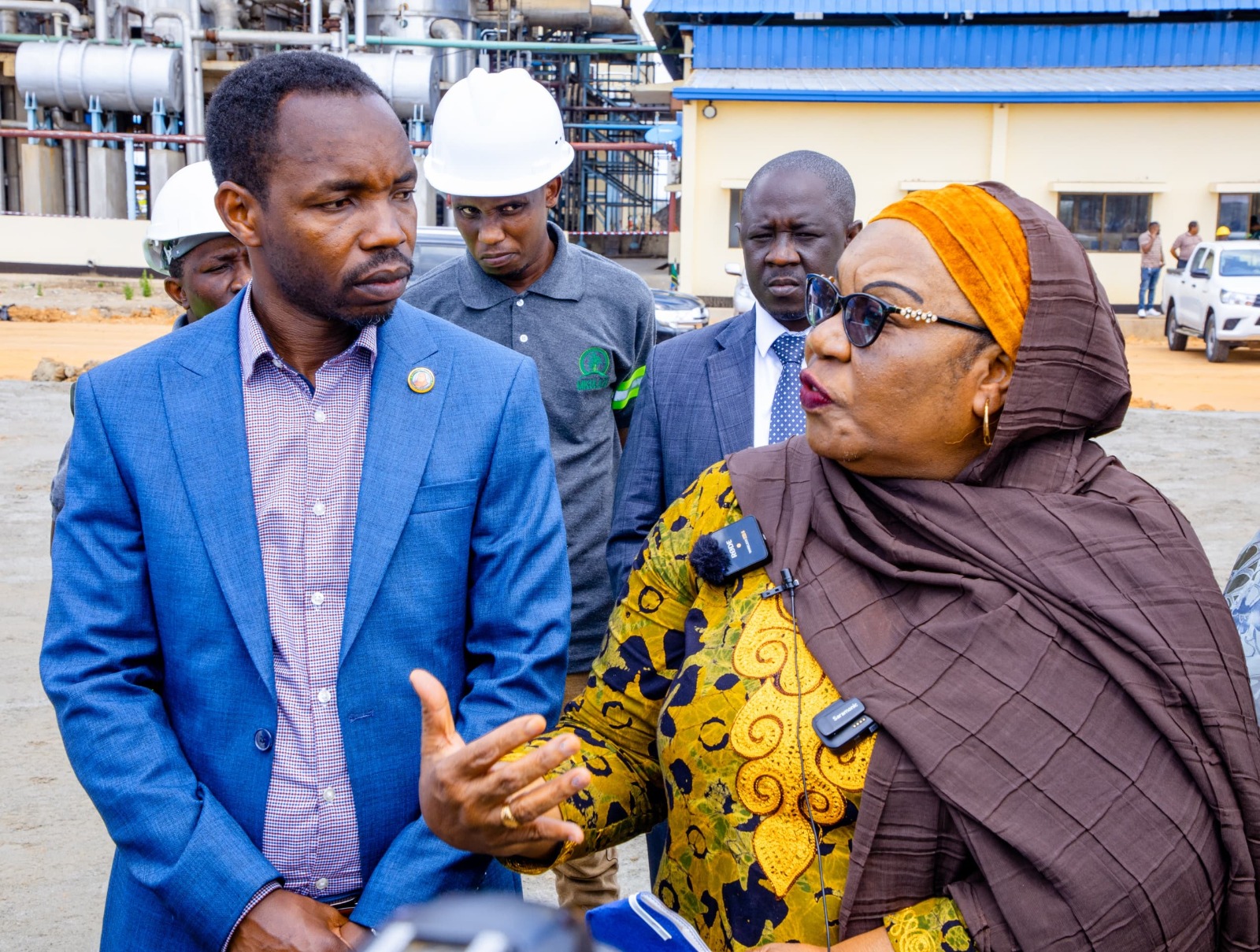Private shared mobility plays a critical role in filling gaps left by public transport in Tanzania

TANZANIA, like many other developing nations, faces a growing demand for efficient, reliable, and affordable transportation.
With an expanding population and increasing urbanisation, cities such as Dar es Salaam, Dodoma, Arusha, and Mwanza are experiencing unprecedented pressure on their public transport systems. While the government has made strides in improving bus and rail networks, significant gaps remain, particularly in terms of access, convenience, and coverage.
This is where private shared mobility services come into play, stepping in to complement and fill the gaps that public transportation cannot address. Among the most significant players in this space is Bolt, which has transformed the mobility landscape across Tanzania’s major cities.
The bus rapid transit (BRT) system in Dar es Salaam is a commendable effort in improving mass transit, offering an affordable and relatively efficient service. However, even with its success, it covers only a fraction of the city's geography, leaving vast urban and suburban areas underserved. Long queues, overcrowded buses, and frequent delays remain commonplace. Additionally, public buses and trains operate on fixed schedules and routes, which may not always align with the real-time needs of passengers.
For many Tanzanians, particularly those living on the outskirts of cities or in areas where public transport infrastructure is limited, the flexibility and convenience of ride-hailing services offer a necessary alternative. The emergence of ride-hailing services has been transformative. Bolt in Tanzania has enabled people to access quick, affordable, and reliable transportation at the tap of a button. Whether it's during the evening hours when public transport options are scarce, or in remote areas where public buses don't reach, private shared mobility has become a vital lifeline.
One of the key advantages is the adaptability of the service. Unlike buses that follow rigid routes, ride-hailing platforms allow passengers to move between any two points, offering seamless transportation. This has not only made commuting more efficient for individuals but has also eased the pressure whilst also complementing the limited public transport infrastructure.
For the thousands of Tanzanians who rely on ride-hailing to get to work, school, or appointments, the flexibility provided by these services is more than just convenience, it is often the difference between being mobile or stranded.
The benefits of private shared mobility go beyond just convenience. The rise of ride-hailing has also had significant economic impacts in Tanzania. Bolt has created employment opportunities for thousands of drivers, offering them an additional source of income and a chance to be part of a structured gig economy. In cities where formal employment opportunities are limited, ride-hailing presents an accessible, entrepreneurial path for many. Recently, Bolt expanded to Morogoro in response to the launch of the Standard Gauge Railway (SGR) operations from Dar es Salaam to Morogoro, which has significantly enhanced connectivity and accessibility between the two major cities, fostering economic growth and mobility.
Additionally, the platform's business model helps reduce congestion and pollution by promoting ride-sharing. This sustainability effort aligns with broader goals of reducing the carbon footprint in urban areas, where emissions from personal vehicles remain a growing concern.
Tanzania's transport challenges are too complex for one-size-fits-all solutions. Public transport alone cannot shoulder the entire burden, and private shared mobility services like Bolt’s are essential to filling the gaps and ensuring mobility for all. The ongoing evolution of the ride-hailing industry, supported by both private and government partnerships, driver empowerment initiatives, and technological innovation, have proven that the future of mobility in Tanzania is one that must be collaborative.
By building on this synergy, we can envision a future where every Tanzanian, regardless of location, has access to reliable and affordable transportation options. The leading ride-hailing company's continued growth and its partnerships are showing the way forward for what a truly connected, mobile Tanzania can look like.
Dimmy Kanyankole is the Rides, Bolt Tanzania general manager
Top Headlines
© 2024 IPPMEDIA.COM. ALL RIGHTS RESERVED

























